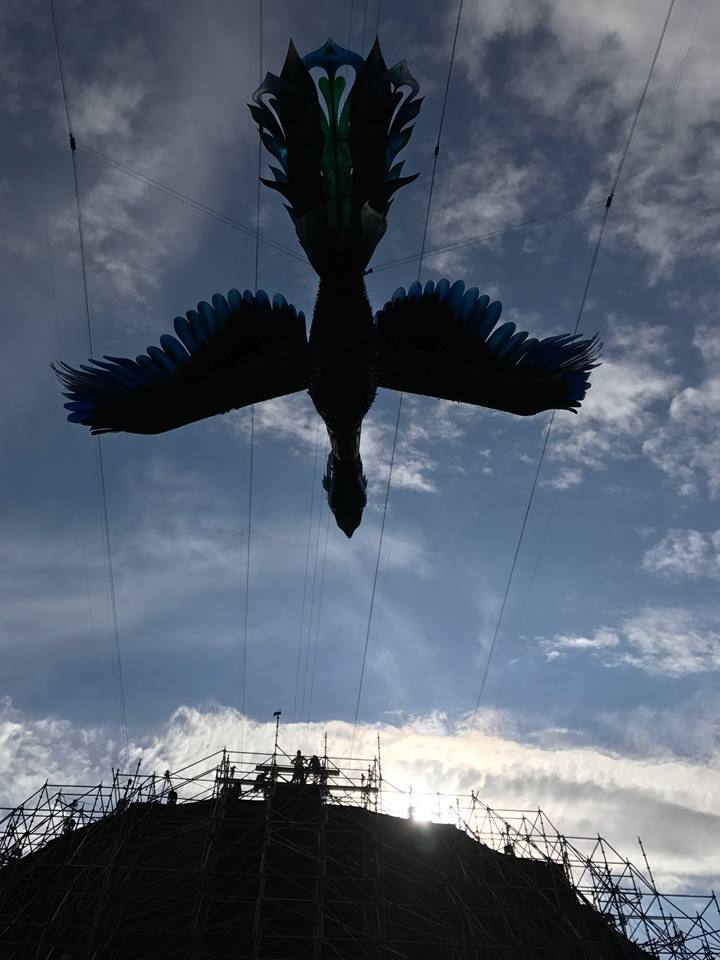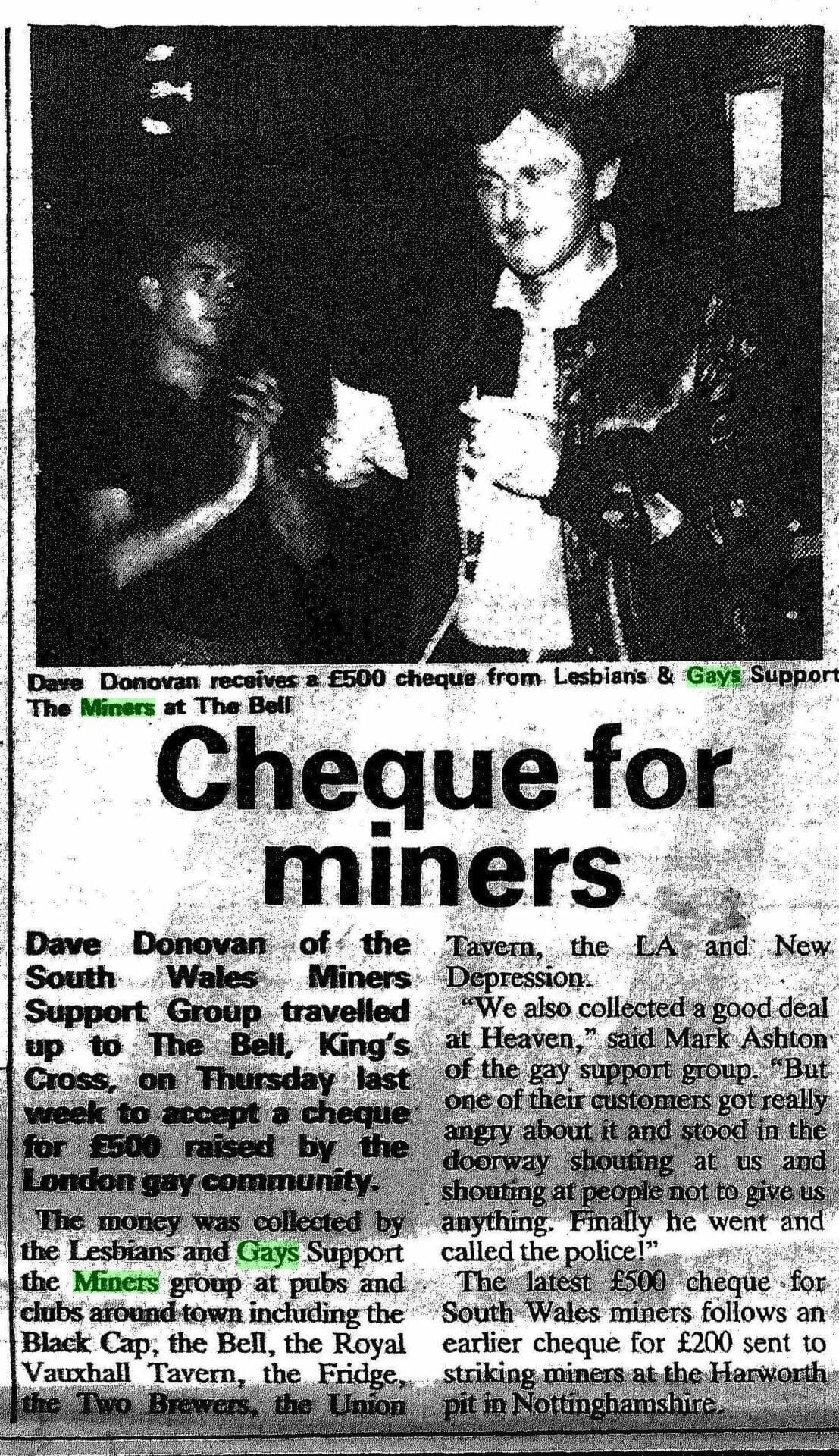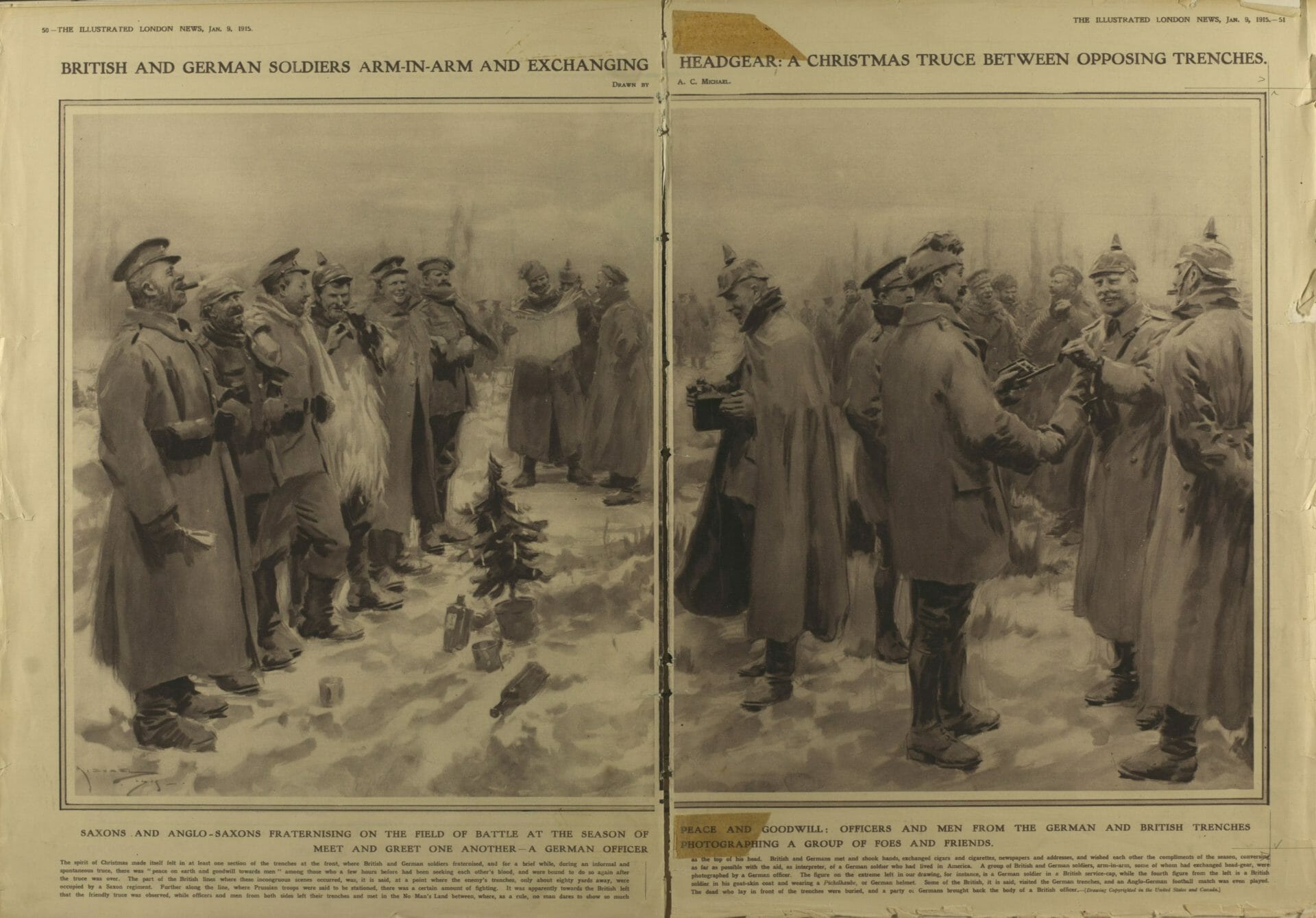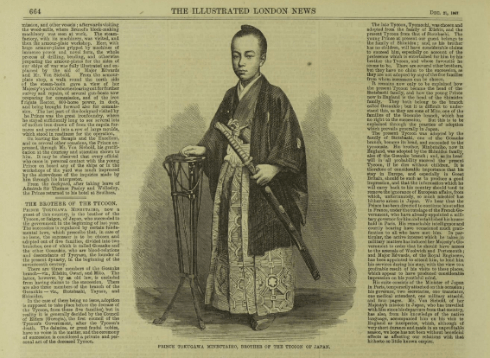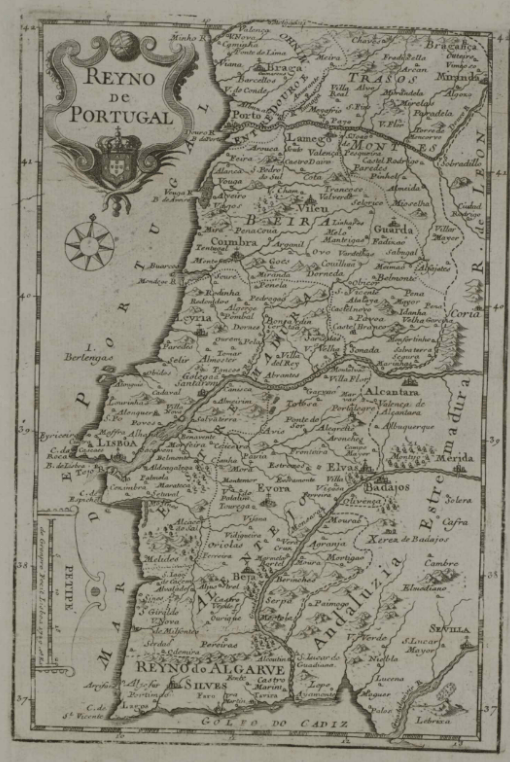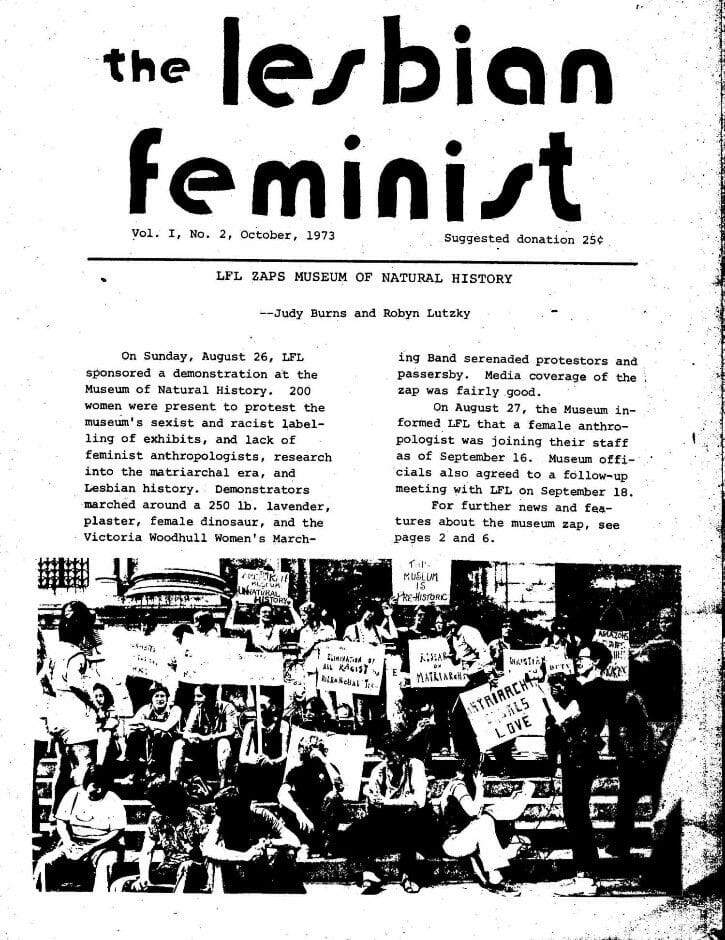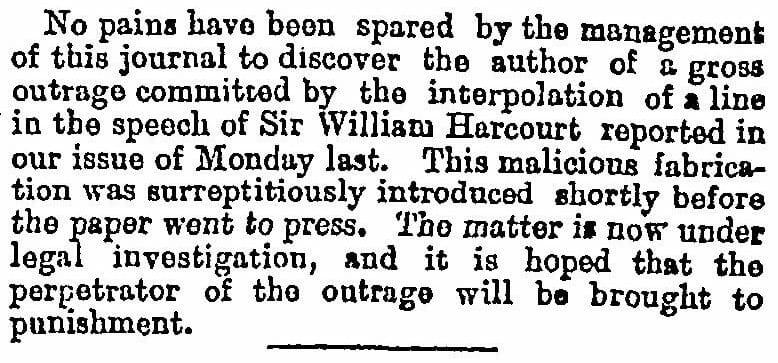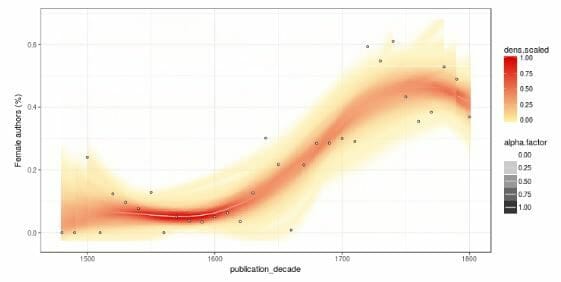By Vicky Pavlicic, Senior Strategic Marketing Manager, Gale International EMEA

I first became aware that the Islamic Solidarity Games was a major sporting event last year, when a friend announced he was moving to Baku for 8 months to help plan the ceremony. His official job title for the event is ‘Aerial Flying Manager’ – remember the flying Mary Poppins’ in the opening of the London Olympics? That’s the kind of thing he does. He has spent 8 months preparing for the opening and closing ceremonies. “What are the Islamic Solidarity Games?” I asked, unable to hide my ignorance…” A bit like the Olympics for the Middle East” he replied…Well if this is the case, why hadn’t I heard about them before?

